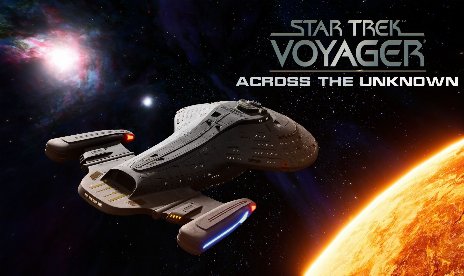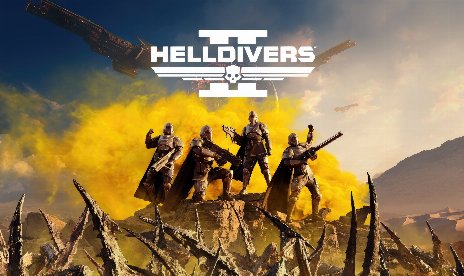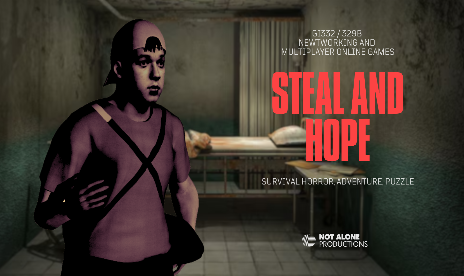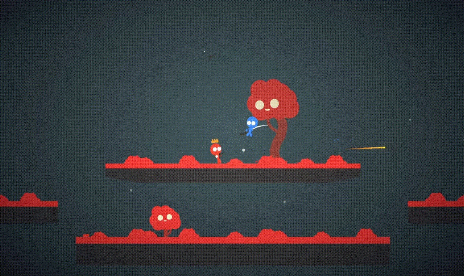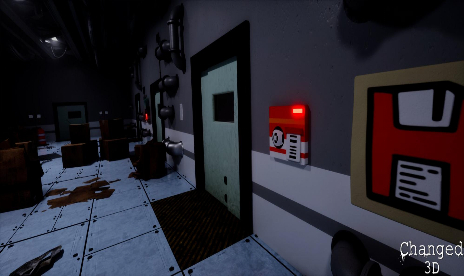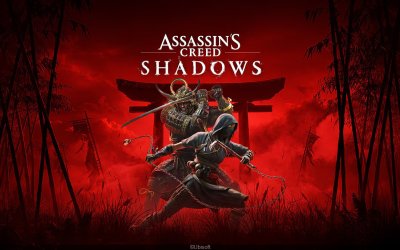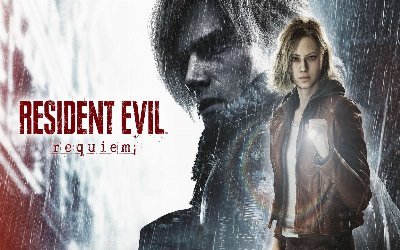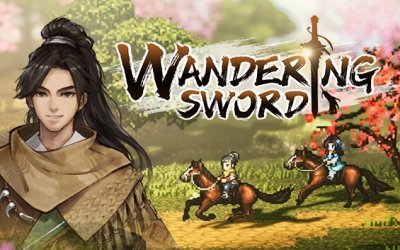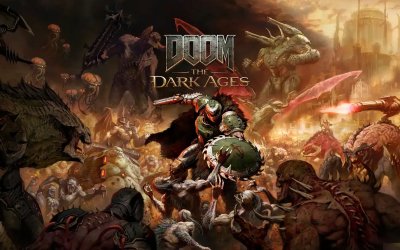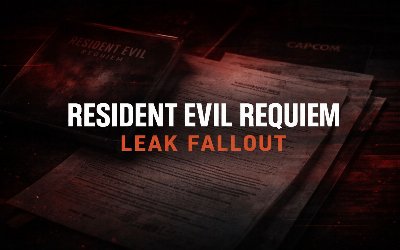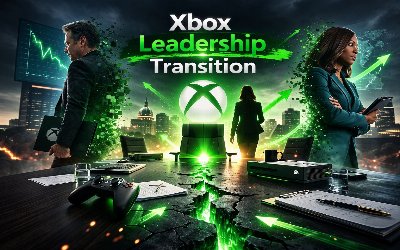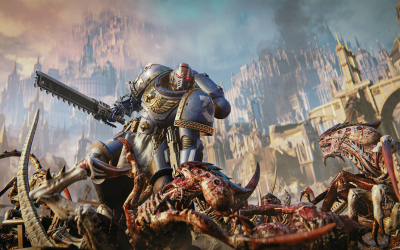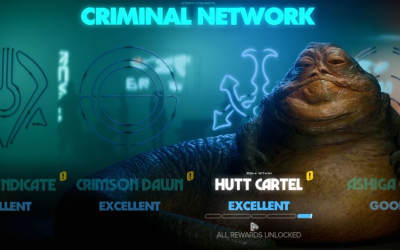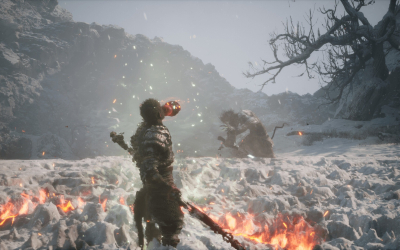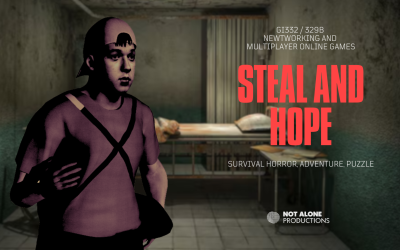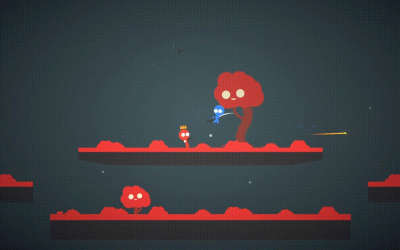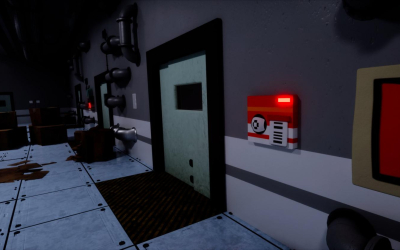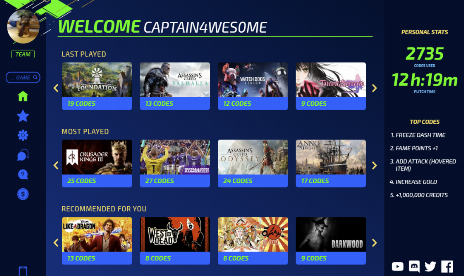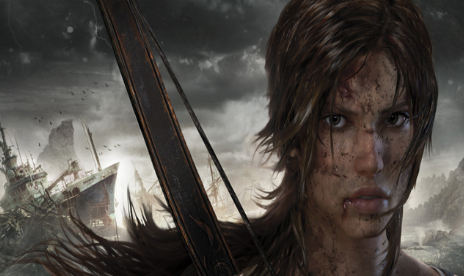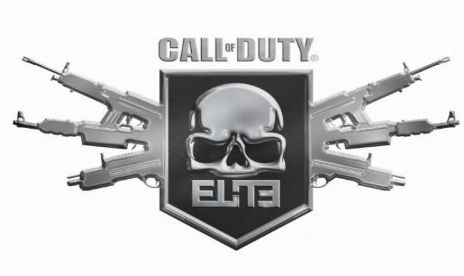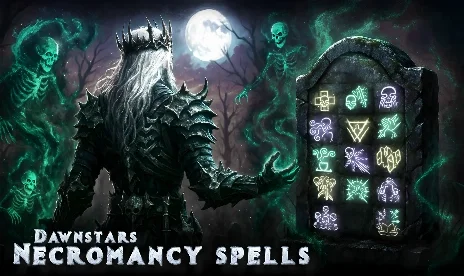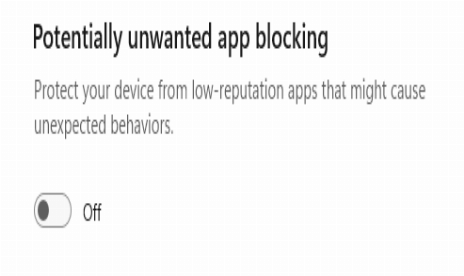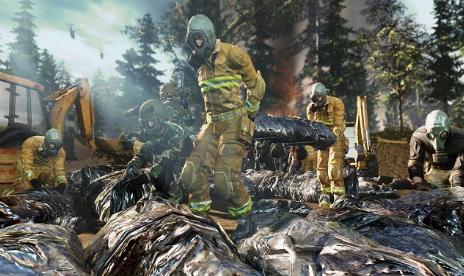Can new rhythm games bring back the genre?
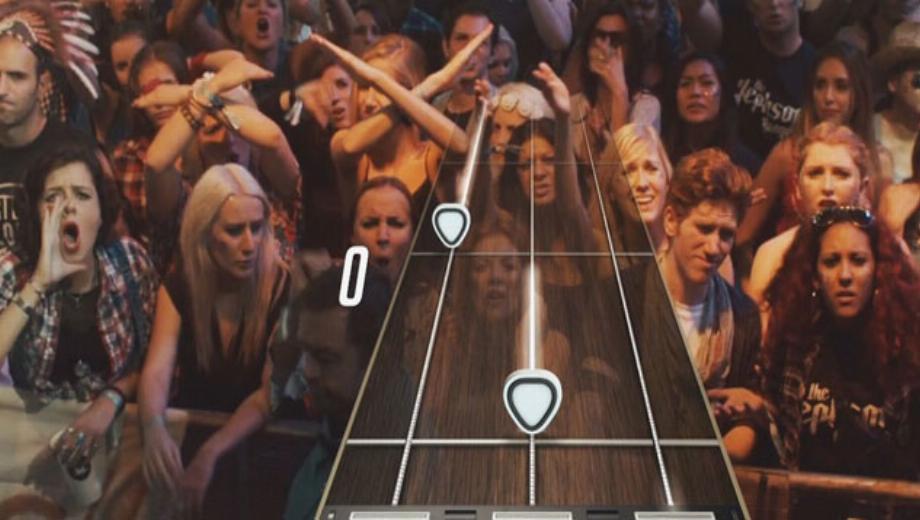
It’s been a good few years since the peak of the Rhythm genre, with a steady decline following the likes of DJ Hero and the many derivative Guitar Hero games from singular artists. Still, if the world of movies and video games know one thing, it’s that an absence is only priming for a reboot, which is exactly what was announced earlier this year, when we heard that Rockband would be making a return.
And low and behold, just a few weeks later, Activision announced that it was rebooting its rhythm series too, with a brand new Guitar Hero that looks and plays differently from previous entrants in the series.
That’s all well and good and even if Activision didn’t have someone working on a Guitar Hero sequel before Harmonix announced the new Rock Band game, it makes sense that if a market is there, game developers and publishers are going to want to exploit it. But that’s the question isn’t it: is there?
Rhythm games shot to popularity in the mid-late ’00s and from there have all but disappeared. How many of you still pick up one of those click-clacky plastic guitars and strum away at the colored markers on screen? How many of you reverse your keyboard for a game of Frets on Fire, or break out Audiosurf or its sequel for a quick musical drive?
While those questions are a bit loaded – since I can’t remember the last time I played one of those games – I am genuinely interested, as surely the likes of Activision and co. have done some research to figure out that the time is right for a rhythm resurgence, but I’m not entirely sure. By the end of Guitar Hero and its contemporaries life-spans, people had grown a little tired of the genre as a whole. Not necessarily because it’s not fun, but because the good songs had been released and the DLC model could be monstrously expensive.
It also took its fair share of fun poking because of its resemblance, but lack of similarity to actual guitar playing – though that never stops us swinging swords and firing guns with a mouse and keyboard.
But despite all that, the games are coming anway. So what are Harmonix and Activision’s FreeStyleGames doing to draw back fans? Both Rock Band 4 and Guitar Hero Live are set to focus on the ‘core’ gameplay of the franchises, which is the multiplayer and the experience of being on stage, playing to fans, rather than the teaching guitar system that Ubisoft employed with Rocksmith.
Thanks to improved hardware on the new generation of consoles, visuals should be largely improved in both games and Harmonix has specifically stated that is visuals operate at 60 frames per second and at 1080p on both the Xbox One and PS4. However, the new Guitar Hero will dispense with its cartoony imagery of old and will instead use live footage, interspersed together to create a ‘real’ looking gig experience, complete with complaining band mates when you screw up, and a roaring crowd when you do well.
It’s not clear at this time how repetitive that will get, or how conducive to multiplayer it will be, but we’ll likely see more of the game at E3 and other shows throughout the year.
One big point of contention between fans of the two games however, is backwards compatibility. Harmonix has promised that all previously released and purchased DLC for Rockband games will be compatible with the new one, and on top of that, all previously released controllers will also work without issue.
There will be new controllers released and the game will be bundled with them in many cases, but those with old gear won’t need to go out and buy new ones. Right off of the bat, all of their old songs should work too, which is perfect for those that just want prettier visuals to play some of their old classics.
In comparison, Guitar Hero Live will not be backwards compatible with anything. Due to the game’s usage of a brand new type of input system – that features three frets spread out on two rows – all of the old songs, including those purchased as DLC, will be incompatible with the new game. The same goes for all of the old controllers too.
It will of course have new controllers for those willing to buy them, but forcing it on fans hasn’t left everyone happy.
The question is, is innovation worth ditching everything that’s come before? And will any of that entice back older players? Many of whom are a decade older than when the genre first hit the mainstream.
So what about it guys? Are you excited about picking up your plastic guitar once again? And are you happy with the direction Guitar Hero Live is going?
Or should the genre stay dead and buried?


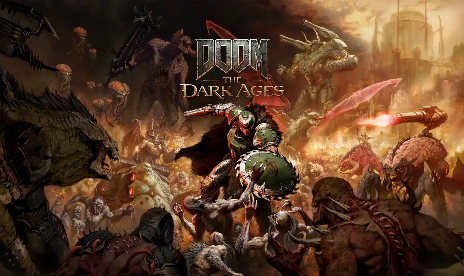
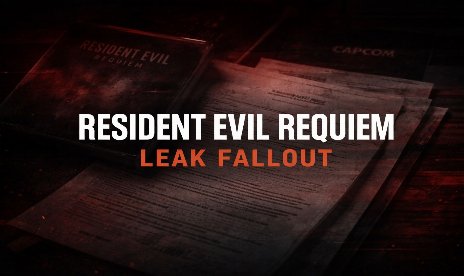
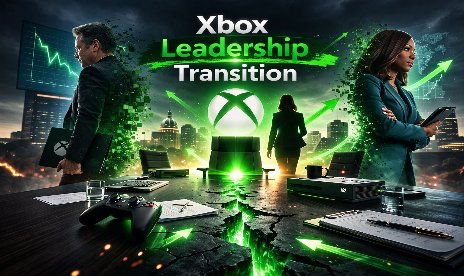
![Assassin’s Creed Shadows v1.0-v1.1.8+ (+23 Trainer) [FLiNG]](https://9588947a.delivery.rocketcdn.me/wp-content/uploads/2025/03/assassins-creed-shadows-1-464x276.jpg)
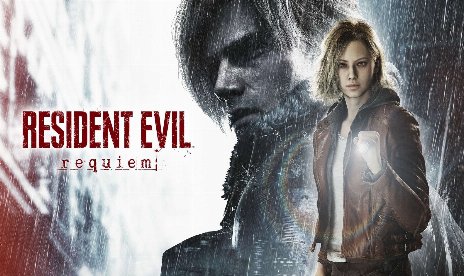
![Wandering Sword v1.20-v1.24.*+ (+49 Trainer) [FLiNG]](https://9588947a.delivery.rocketcdn.me/wp-content/uploads/2024/01/wandering-sword-pc-game-steam-cover-464x276.jpg)
